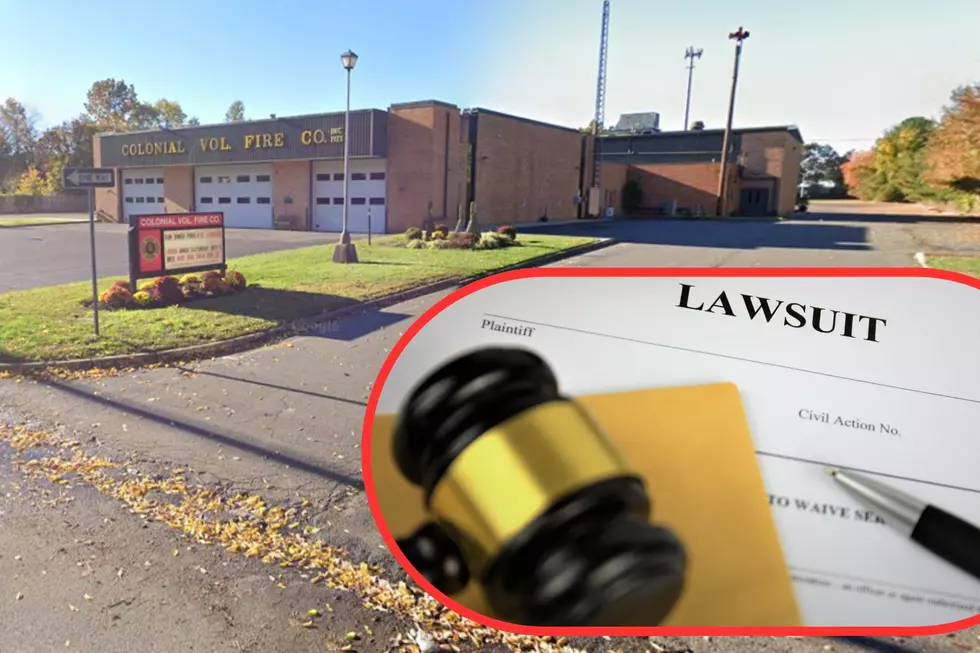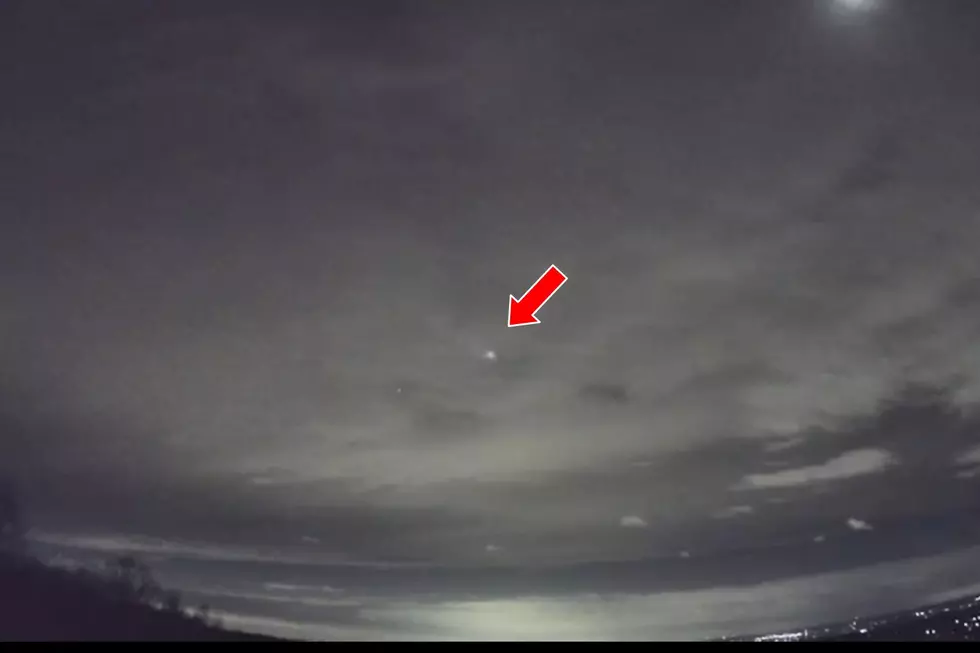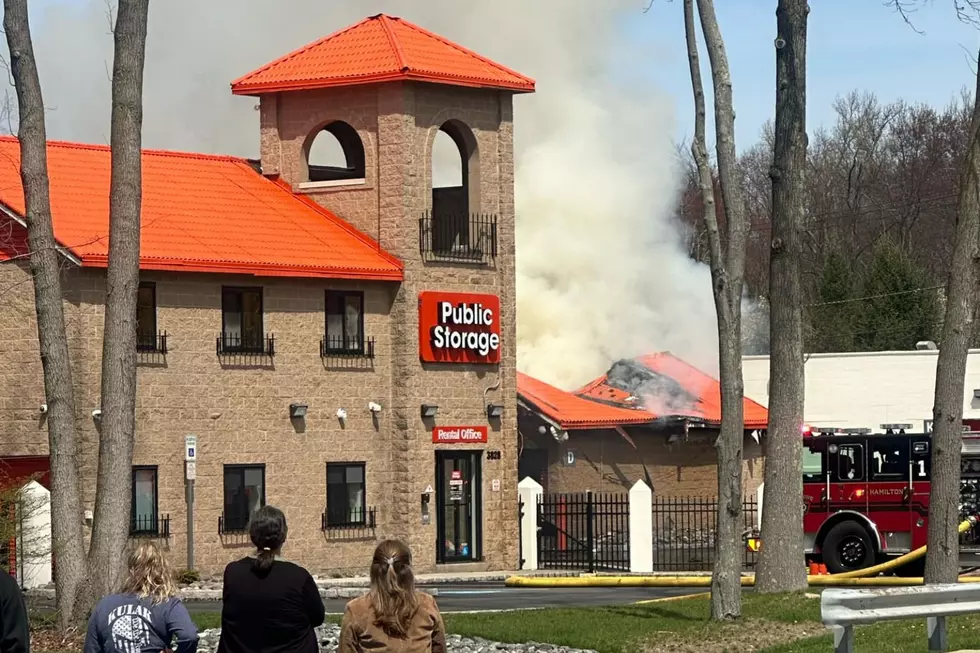
Cops didn’t know about alleged hazing at Rider
Lawrence Township police didn't learn about an alleged incident of hazing at the Rider University track among cross country team members from the school.
Police first learned of the incident a month and a half later — once contacted by media about the alleged Sept. 5 incident, in which school officials say team members were preparing to run naked. The school first disclosed the incident publicly Thursday.
Police told New Jersey 101.5 Friday the incident doesn't sound criminal in nature from what they'd learned in media reports so far — but said they would want to see Rider's public safety department report firsthand to be sure.
Some team members faced university-level disciplinary charges. The incident resulted in the team being suspended from participating in an invitational meet on the Rider campus on Sept. 19 as well, according to spokeswoman Kristine Brown.
New Jersey has an anti-hazing law — it can be a disorderly persons offense with penalties of up to 6 months in jail, or if bodily injury results, a fourth-degree crime of aggravated hazing resulting in up to 18 months. But the school investigated the matter as a "violation of our Student Code of Conduct," Brown said in a prepared statement from the school.
"Our student Code of Conduct is intended to maintain the standards of our campus community in accordance with our community values," the statement said.
Brown declined to address whether police should have been informed, as some code of conduct violations can also be considered criminal — a fact the school's anti-hazing policy itself notes can apply to hazing in some circumstances.
In a conversation with New Jersey 101.5, Brown stressed that she couldn't disclose all the details of the alleged incident, citing student privacy concerns.
But she said public safety officers — who do not have police powers at Ruder — came upon the team before any of the planned naked running ever began, and put a stop to it. Not all team members were present, according to the school.
Brown said she couldn't disclose specifically why only some students faced university (non-criminal) charges, but said all 28 members of the team were interviewed as the school investigated the incident.
No one was coerced, and there was no ill intent, the school had said in an earlier statement Brown also provided. Penalties can range for the severity of a violation the school considers hazing, she said.
"It's not a black-and-white-across the board (violation)," she said.
Rider doesn't require an individual to be coerced for an incident to be considered hazing. Its handbook's definition of hazing is an incident in which a person is trying to join or stay on a a team or group, and "any action or situation which recklessly or intentionally risks the mental, psychological or physical wellbeing of a student with or without his consent; which requires or encourages violation of public law or University policy; or, which may tend to ridicule, mistreat, degrade, humiliate or harass any individual" takes place.
In that way, it's similar to New Jersey law, which describes hazing as a situation in which "in connection with initiation of applicants to or members of a student or fraternal organization, (a person) knowingly or recklessly organizes, promotes, facilitates or engages in any conduct, other than competitive athletic events, which places or may place another person in danger of bodily injury."
Like the Rider policy, coercion isn't required. In fact, the law states an alleged victim's consent "shall not be available as a defense to a prosecution under this act."
There is one very key difference, though it's not one either Brown or police contacted by New Jersey 101.5 specifically addressed — the state law only references the possibility of bodily injury, while Riders' student code also considers activities that risk, "mental, psychological or physical well being."
Brown didn't address how the school determined the incident qualified as hazing, so it's not clear if the criteria involved the ""mental, psychological or physical well being" not mentioned in the criminal code.
Lt. Joseph Amodio of the Lawrence Township Police told New Jersey 101.5 that his department was not aware of the Sept. 5 incident until media started asking about it this week.
He said based on what he's read of the incident, it did not sound like it "was not at the criminal end of hazing." But Amodio said he will request the school's public safety officer's report, and if in reading it he sees anything that seems potentially criminal, he'd feel Rider would have had an obligation to call police.
— Dan Alexander contributed to this report
More From New Jersey 101.5 FM









